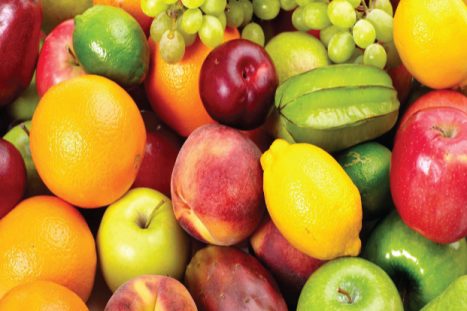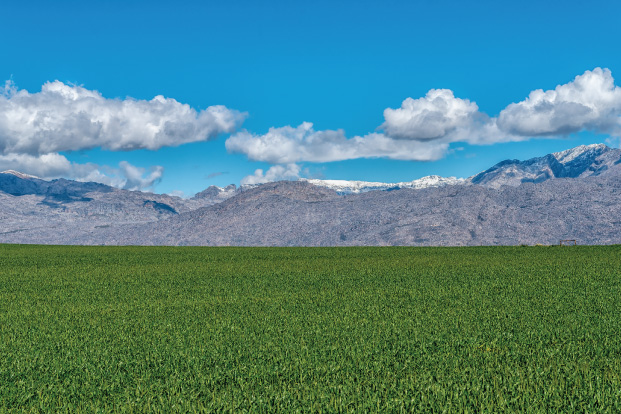Fruit South Africa makes inroads into China

Trade agreement allows for tariff-free wheat imports
October 26, 2016
Middle East promising market for South African pomegranates
November 14, 2016
The vice-chairperson of Fruit SA, Willem Bestbier, signed a memorandum of understanding on 1 November with the vice-chairperson of CIQA, Wang Xin, aimed at strengthening collaboration to ensure market access for fruit between South Africa and China.
China remains the country with the biggest market, given its population of about 1,38 billion. The total imports of fruits into China during 2015, according to Figure 1, were 3,8 million tons valued at US$5 billion dollars. South Africa was only able to export about 110 000 tons of fruit during the same period, which is a drop in the ocean.
Given that South Africa currently exports about 2,7 million tons of fruits globally, the value of its current export to China is very small. Fruit SA has been working hard in collaboration with the Department of Agriculture, Forestry and Fisheries (DAFF) to gain more access for other fruit types.
The objective of the memorandum of understanding between the two organisations is to address the challenges that are currently experienced in expanding and broadening market access, which takes a longer time than desired.
The agreement will ensure that the two organisations support their governments’ work in opening markets for fruits by providing the required technical information and guidance to speed up the negotiation process for market access for new products. To date, South Africa can only export apples, citrus and table grapes to China and the process is painstakingly slow. The two governments are currently negotiating market access for pears, which will be followed by avocados and then other types of fruits.
The two parties will use the memorandum of understanding to provide the support required during market access negotiations between the two countries by sharing information in the following areas: Pest risk analysis, quarantine and inspections regulations, technology exchanges related to fruit production and market developments.
With the implementation of this agreement and the acceleration of market access, the fruit industry aims to increase its exports to China to about 350 000 tons in the next five years, which will be a boom for the agricultural economy and also for job creation as more orchards will be established to support this key market.



